Microdosing THC is one of the safest and most effective methods of relieving pain and inflammation.

Medical marijuana patients experience improvement in physical and mental health after taking small amounts of THC and CBD. Some benefits of microdosing THC include:
- Reducing symptoms of anxiety
- Alleviating nausea
- Alleviating muscle tension and spasms
- Improving appetite and helping with eating disorders like anorexia
- Alleviating symptoms of ADHD and PTSD
- Improving cognitive function in people suffering from dementia and Alzheimer's
- Mitigating glaucoma symptoms
Microdosing THC is a great way to reap all the benefits of medical cannabis without getting high. Low doses of THC improve sleep, boost energy, reduce stress, and improve focus. Microdosing cannabis can even help with stage fright.
Are you looking into microdosing cannabis? Look no further! Our Delta 9 THC gummies contain low doses of THC, ideal for providing a stress-free, pain-free day! Together with optimal doses of CBD, they efficiently battle chronic pain caused by inflammation.
All nama CBD gummies are vegan and contain hemp-derived THC only (that also means they are 100% federally legal across the US).
What is Inflammation?
Inflammation is our body’s natural response to an outside invader—bacteria, viruses, or even toxic chemicals—or an injury. Inflammatory cells and cytokines (substances that stimulate production of more inflammatory cells), our immune system’s first responders, start healing the injured tissue. As a result, pain, swelling, bruising, or redness can occur.
Inflammation is often followed by regular flu symptoms like:
- Fever
- Chills
- Fatigue
- Headaches
- Muscle stiffness
- Poor appetite
Types of Inflammatory Cells
The main job of inflammatory cells is to rush to the site of an injury, fight infection, and heal damaged tissue. Depending on the type and location of inflammation, there are several types of inflammatory cells:
- Neutrophils: white blood cells that defend our immune system from microorganisms (bacteria and viruses) in acute inflammation. They make up 40-70% of all white blood cells in humans
- Eosinophils: white blood cells that help heal damaged tissue as the body's early or acute response to infection or injury (e.g., when you cut your finger or sustain a traumatic brain injury).
- Monocytes: immune cells made in the bone marrow. They travel through the blood to tissues and kill microorganisms, remove dead cells, and boost immune responses.
- Lymphocytes: white blood cells that include natural killer cells, T cells and B cells. They have a more active role in chronic inflammation.
- Histiocytes: inflammatory immune cells derived from monocytes. They help regulate our immune system by repairing tissues and healing wounds in chronic inflammatory responses.
- Plasma cells: differentiated B-lymphocyte white blood cells that produce immunoglobulin or antibody. They are our body's chronic response to infection or injury.
Chronic Inflammation and Autoimmune Disorders
According to experts at Yale School of Medicine, inflammation is heavily implicated in autoimmune diseases. In chronic inflammation conditions and autoimmune diseases, a person’s immune system attacks the body’s own tissue. The most common chronic inflammatory autoimmune diseases are rheumatoid arthritis, inflammatory bowel disease (IBD), and multiple sclerosis.
Multiple sclerosis is one of the most prevalent human autoimmune diseases. This chronic neurodegenerative and inflammatory disease of the central nervous system is characterized by demyelination and inflammation, among other symptoms. Demyelination is a condition in which the protective cover (myelin) of nerve fibers in our brain is damaged, causing severe neurological problems. According to one study on inflammation in multiple sclerosis, it is still unclear why this inflammatory demyelination occurs.
Inflammatory Bowel Disease (IBD) is a group of autoimmune inflammatory conditions of the colon and small intestine. Because the sensitive lining of your digestive tract suffers inflammation, for some people IBD can be a debilitating condition that leads to life-threatening complications.
Other autoimmune diseases characterized by severe inflammation of body tissues and organs include lupus, gout, psoriasis, autoimmune hepatitis, and pancreatitis. Inflammatory diseases are typically treated with immunosuppressants to increase remission time and decrease flare-up. However, immunosuppressants carry risks associated with unpleasant side effects and increased risks of other infections.
This is why many people turn to natural and effective ways of treating their inflammatory conditions—like microdosing THC. Our THC gummies are perfect for microdosing cannabis for pain and inflammation. These hemp-derived edibles combine Delta 9 THC and other cannabinoids to lower pain levels, reduce inflammation, and bring relaxation.
Does Microdosing THC Help with Inflammation and Pain?
Microdoses of THC have beneficial effects in treating a plethora of chronic pain and inflammatory conditions. 2015 research on medical marijuana treatment for chronic pain suggested that THC microdoses can relieve chronic pain, including neuropathic pain, arthritic pain, and cancer pain.
Syqe Medicals conducted a similar trial on chronic pain in 2020. A 1mg dose of Delta 9 THC was administered to 27 participants with self-reported pain. The results, published in the European Journal of Pain, show that low amounts of THC significantly reduce pain. None of the participants experienced any cognitive impairment or adverse side effects with the 1 mg of THC dose.
Lead researchers on the Syqe Medicals study concluded that low doses of cannabis “may provide desirable effects while avoiding cognitive debilitations and significantly contributing to daily functioning, quality of life, and safety of the patient.”
How Does THC Help with Inflammation?
The interaction of tetrahydrocannabinol (THC) on the endocannabinoid system (ECS) affects the way we perceive pain. Medical cannabis helps activate or deactivate neurotransmitters that assist in regulating pain and inflammation.
The endocannabinoid system is a network of signals and receptors involved in various physiological processes in our body. It is responsible for hormonal regulation, immune function, and pain perception, among other important functions. Our body produces natural chemicals called cannabinoids. Cannabinoids and phyto-cannabinoids (cannabinoids from the cannabis plant) interact with endocannabinoid receptors CB1 and CB2 to regulate important body functions.
CB1 and CB2 are the main cannabinoid receptors in the ECS. The majority of CB1 receptors are found in the central nervous system, while CB2 receptors are located in immune cells. These can also be found in the fluid surrounding the joints.
Via the endocannabinoid system, medical cannabis targets inflammation and reduces pain. Remember cytokines? THC attacks inflammation by reducing their number. This causes the reproduction of white blood cells and the responses of the immune system to slow down, thus slowing down inflammation responses.
Higher THC doses produce intense psychoactive effects and can lead to increased heart rate, sedation, and anxiety. In contrast, low doses of THC enhance the endocannabinoid system and can alleviate symptoms of chronic pain associated with migraines, cancer, fibromyalgia, neuropathic pain, and more.
Neuropathic Pain
This study suggests that cannabis microdosing is a safe and effective treatment for neuropathic pain. Many pain patients report they prefer cannabis over pharmaceuticals, as low doses of THC relieve pain without causing severe side effects that typically come with prescription drugs.
Sciatic Pain
According to a study, THC may relieve chronic pain from sciatica by disrupting signals between the pain-processing pathways in the brain.
Microdoses of THC will not cause euphoria typically associated with consuming medical marijuana, so they are perfectly safe and effective for reducing pain and inflammation at the sciatic nerve.
Cancer Pain
According to research, taking small amounts of cannabis has extraordinary benefits in reducing pain and inflammation in patients with advanced cancer.
Many cannabis compounds—THC, CBD, CBN, and other cannabinoids—have been identified as potential pain relievers for cancer patients.
Apart from reducing pain, THC has also been helpful in alleviating symptoms accompanying chemotherapy (nausea, vomiting) and trauma-induced nerve disorders caused by tumor growth.
Beyond pain reduction, THC may even help in treating cancer itself. 2019 research indicates THC may slow tumor growth and promote apoptosis (self-destruction) of certain types of cancer cells.
Is CBD or THC Better for Inflammation?
Did you know that THC can improve your sleep? Or that CBD can make you last longer in bed? Check out our guide to the differences between THC and CBD for a better understanding of how these two well-known cannabinoids can boost your health.
Some research shows that CBD treats pain at its source, while THC adjusts our mind’s perception of it. This doesn’t mean one cannabinoid is more effective than the other. They both alleviate pain equally effectively in distinctive ways. Some evidence suggests that THC, CBD, and other cannabinoids (such as CBN) can synergistically enhance one another in a virtuous cycle known as the entourage effect.
The entourage effect proposes that benefits of microdosing are even greater when THC and CBD are working together.
A 2021 study revealed therapeutic effects of CBD and THC on inflammation in human and animal models. The number of tumor-infected cytokines were reduced after being administered with CBD and the combination of CBD and THC.
Full spectrum gummies contain both CBD and THC—among other cannabinoids—for the ultimate cannabis synergy. One delicious way to reap the benefits of the entourage effect is to enjoy our Euphoria Delta 9 THC Gummies. These fruit-filled, flavor-packed edibles have an equal ratio of CBD to THC, perfect for reduction in pain and inflammation.
Sativa or Indica?
Anecdotal evidence seems to suggest that both sativa and indica strains are helpful in alleviating pain and inflammation.
Sativa strains cause a more euphoric, uplifting, and energetic experience. They help with focus and fatigue, but also treat nausea, migraines, and wasting syndrome in people with advanced cancer.
Indica-dominant strains are known for having full-body effects, meaning they relieve pain and inflammation and induce relaxation and euphoria. This makes indica a good option for people with chronic pain, muscle spasms, and insomnia.
Different cannabis strains have different effects. Reactions and tolerances on weed strains depend largely on the amount of cannabis you’ve taken. We leave it to you to find the most effective weed strain and THC concentration, but don’t forget to start by taking small amounts and slowly increasing the dosage.
Our hybrid strains combine qualities of indica and sativa and can be superior to both in their ability to battle chronic pain. Microdosing edibles can treat migraines, and our edibles contain the perfect hybrid mix with optimal doses of THC and CBD to relieve migraine pain—as well as other types of pain and inflammation.
Our Energy Gummies with Delta 9 THC bring out the best of both strains. This hybrid cannabis product combines the beneficial properties of sativa and indica, balanced in such a way to provide relief with pain and inflammation. The presence of L-theanine, a non-protein amino acid, promotes relaxation and reduces stress.
Product QUIZ
Need help deciding what product is best for you? Take our quiz, just three questions until your perfect match!
Is THC Legal?
Under the 2018 Farm Bill, Delta 9 THC was made federally legal if hemp-derived and if the THC content does not exceed 0.3% by dry weight. All of our Delta 9 edibles are legal in compliance with the Farm Bill.
However, you should check our state-by-state guide to Delta 9 legality before your purchase, because a couple of US states still ban Delta 9 in every form.
What are the Best Microdosing Products for Inflammation?
The most effective pain and inflammation microdosing products contain an equal ratio of both THC and CBD. 2020 research on microdosed cannabis discovered that the 1:1 ratio helps beginners get used to the entourage effect.
- Euphoria Gummies provide the most optimal THC to CBD ratio to alleviate pain and reduce inflammation. They contain 10mg of THC and 10mg of CBD, packed with natural ingredients and flavors only. For additional safety and highest quality, these vegan beauties are tested in a third-party lab.
- Bliss Delta 9 Gummies have the same 1:1 golden ratio. Only five milligrams of THC and CBD in each gummy provide the most blissful relaxation and reduction in pain. The fruity flavor of honeydew melon is just another reason to try them!
- A great addition to your microdosing routine, our Relax Plus Gummies offer the exact right dosage of THC and CBD every time. Only 5mg of THC and 25 mg of CBD are sure to bring relaxation and much needed pain alleviation.
Microdosing THC for Inflammation FAQ
What are the medical benefits of indica?
Indica strains are said to induce deep relaxation. Their calming effects are perfect for both mental and physical relaxation. The ‘body high,’ as they call it, helps with:
- Increasing dopamine
- Reducing inflammation and pain
- Alleviating symptoms of nausea
- Reducing anxiety and improving mood
- Treating seizures: indica helps treat lupus and multiple sclerosis, as well as many types of epileptic seizures.
How long does THC take to relieve pain?
The time needed for THC-rich products to kick in depends largely on the method of consumption.
Inhaled THC might be the fastest method, but certainly not the safest. Smoking cannabis involves risks associated with toxins from cigarettes and lung cancer.
THC beverages are absorbed through the digestive system, just like any other drink. You should feel the effects of THC after about 15 minutes. Try our THC Buzz Drops and see for yourself! Read about THC drinks vs edibles to see how they compare.
Tinctures are a very common form of consuming THC because they are fast and handy to use. However, one huge and very important difference between edibles and tinctures is that you can never be sure of the exact amount of THC or other cannabinoids you’ve taken with tinctures.
Edibles are the safest and healthiest method of microdosing THC. It takes some time for the gummies to be digested and for cannabis extracts to enter your bloodstream, but once they do, they have longer lasting effects compared to smoking or tinctures. Also, with every bite of one delicious gummy you know exactly how much THC you’re consuming.
Is microdosing THC safe?
Microdosing THC is generally safe for adults, especially when consumed via edibles. Edibles get you the benefits of microdosing without the negative effects of inhaled THC.
Taking larger doses of THC may result in drowsiness, dizziness, increased anxiety, or rapid heart rate. However, taking small amounts of THC allows you to get all the rewards with none of the drawbacks.
Can I microdose every day?
People who microdose marijuana every day say it is safe and efficient in reducing self-reported pain and inflammation, improving sleep, decreasing stress and anxiety, and alleviating symptoms of various health and mental conditions. The key is to find the right dose, ratio, and concentration that works for you. We always recommend starting low and slowly increasing the dosage.
Before you add any nama CBD products to your daily microdosing routine, make sure you understand how each product works.
What is a high THC dose?
Anything more than 20 milligrams of THC in an edible is considered a high dose.
Microdoses contain five milligrams of THC or less, and the effects are subtle and mild. 5mg is a great starting point if you’re a beginner. We recommend our Bliss Gummies to begin your microdosing journey, with only 5 mg of THC for an uplifting experience.
Some of our edibles contain 10 mg of THC. Our hemp Euphoria Gummies offer equal concentrations of THC and CBD, combined for the ultimate entourage effect.CBN is considered a non-psychoative cannabinoid. However, since it is a derivative of THC, CBN can make you feel a mild high when taken in too high of a dose.
Can THC reduce eye pressure?
Recent clinical studies have shown that THC might be able to regulate intraocular pressure.
Microdoses of THC can treat glaucoma due to THC’s analgesic effects. In addition, one milligram of THC is said to lower pain levels associated with glaucoma without any noticeable psychoactive effects.It is recommended to take CBN gummies 30 to 60 minutes before bed time. This gives it time to go through a digestive process before it can hit your blood stream and cause its desired effects.
Can I buy CBD edibles without THC?
Our broad spectrum CBD gummies contain cannabidiol and other minor cannabinoids (e.g., CBG, CBN) but no THC. Lower doses of CBD are a great option to treat chronic pain and induce relaxation. Relax Gummies have 25mg of CBD and 100mg of organically produced ashwagandha, perfect for an evening escape after a long day.
Broad spectrum is the ultimate CBD microdosing product that contains no THC. Read more about the differences between broad spectrum and full spectrum CBD and how both can benefit you.Dosing CBN can vary depending on the product you’re taking, your tolerance to CBN, and other factors. A recommending starting dose is anywhere between 5 to 10 mg of CBN. Be sure to use the product for at least two weeks before you decide to up your dose.
Where can I buy Delta 9 THC for microdosing?
If you live in a state where medical marijuana is legal and you have a medical marijuana card, you can buy Delta 9 THC products at a cannabis dispensary near you.
If you don't have a medical marijuana card, don't live in a state where marijuana is legal, or don't want to drive to a Mary Jane dispensary, you can get our Delta 9 edibles delivered right to your door. These fruit-flavored edibles with Delta 9 THC are the ideal way to microdose Delta 9!
nama CBD FDA & Legal Disclaimer
Our products are not intended to diagnose, treat, cure, or prevent any disease. They are not a replacement for prescription medications and have not been evaluated by the Food and Drug Administration (FDA).
The information provided on this website does not, and is not intended to, constitute legal advice or any statements of the status of any laws. Any information, content, and materials available on this site are for general informational purposes only, and are not intended to be relied upon for any purpose.
Readers of this website should contact their attorney to obtain advice with respect to any particular legal matter including decisions on what products are, or are not, legal to sell, possess, or consume. No reader, user, or browser of this site should act or refrain from acting on the basis of information on this site without first seeking legal advice from their own counsel in the relevant jurisdiction.
Only your individual attorney can provide assurances that the information contained herein – and your interpretation of it – is applicable or accurate for your particular situation. Use of, and access to, this website or any of the links or resources contained within the site do not create an attorney-client relationship between the reader, user, or browser, and website authors, contributors, contributing law firms, or committee members and their respective employers.
More From the nama Family
Small batch edibles crafted for different times of the day and experiences.
More articles
About
Learn
Join us on this journey

© Copyright 2025 nama Products LLC. All Rights Reserved.
†These statements have not been evaluated by the Food and Drug Administration. These products are not intended to diagnose, treat, cure or prevent any disease. All information presented here is not meant as a substitute for or alternative to information from health care practitioners. Please consult your health care professional about potential interactions or other possible complications before using any product.
††The information provided on this website does not, and is not intended to, constitute legal advice or any statements of the status of any laws. Any information, content, and materials available on this site are for general entertainment purposes only, and are not intended to be relied upon for any purpose.
123 John Doe Street
Your Town, YT 12345
Store Hours
Sun: Closed
Mon-Fri: 9:00 - 17:00
Sat: 10:00 - 13:00
What to expect at pickup
Closed
Closing at 5pm
Closing at 5pm
Closing at 5pm
Closing at 5pm
Closing at 5pm
Closing at 1pm

![Buzz Packs™ [THC and CBD Powder Drink Mix]](http://www.namacbd.com/cdn/shop/files/nama_buzz_packs_thc_drink_pack_white_background.png?v=1741884660&width=480)
![Buzz Packs™ [THC and CBD Powder Drink Mix]](http://www.namacbd.com/cdn/shop/files/Buzz_Packs_Label.png?v=1741884660&width=480)


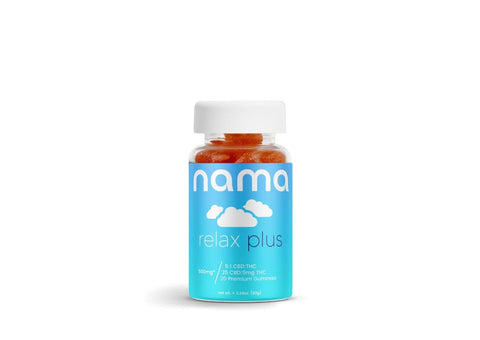
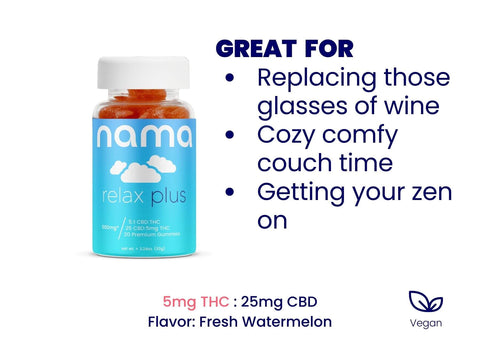
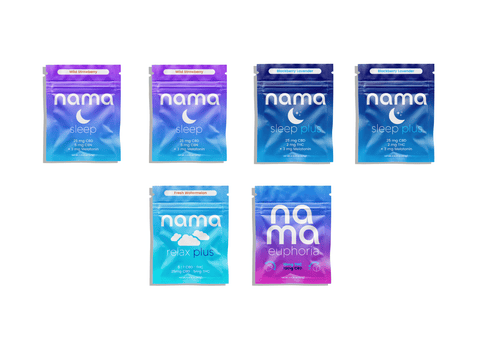
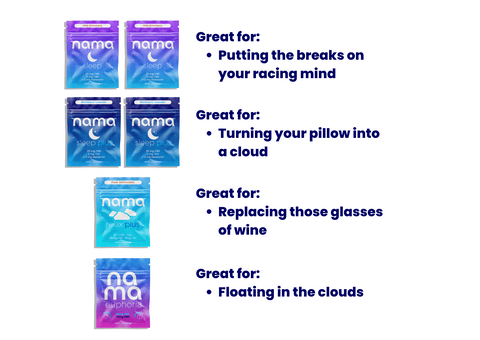
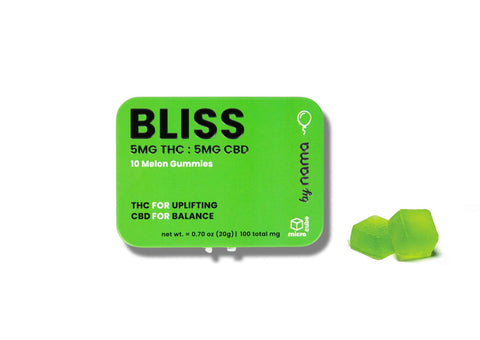
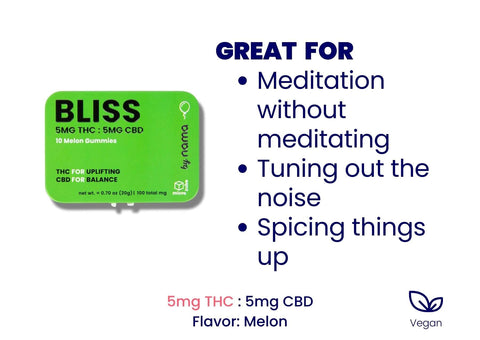
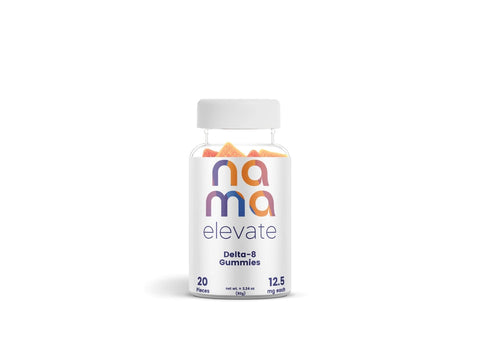
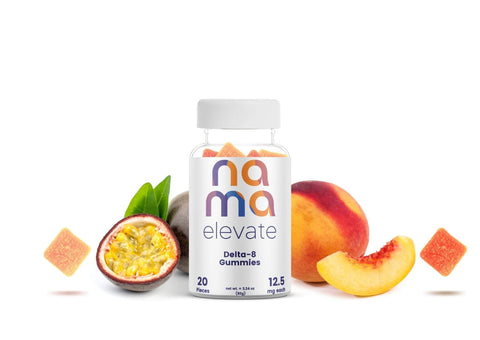
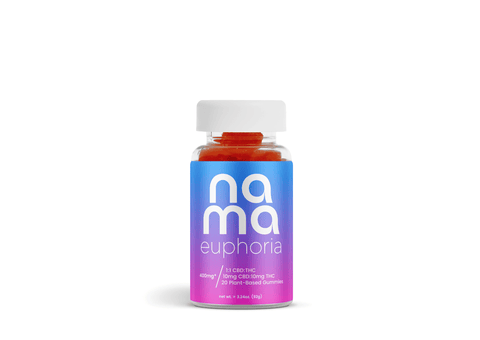
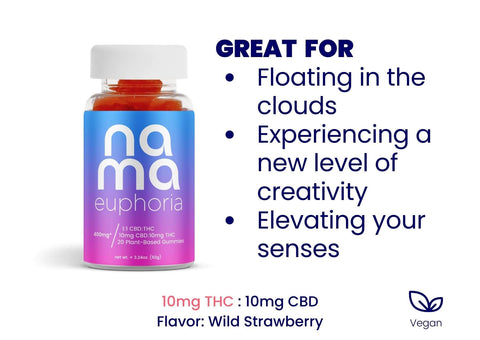
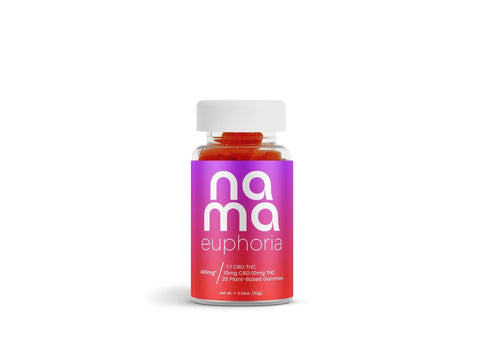
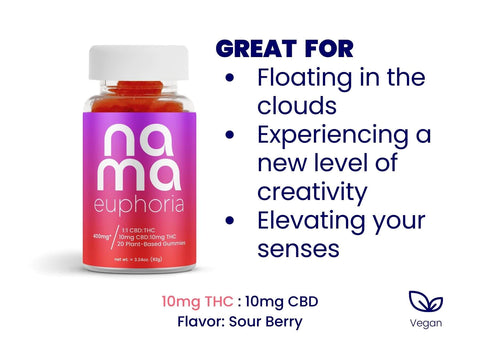









![Buzz Drops™ [THC Drink Drops]](http://www.namacbd.com/cdn/shop/files/nama_thc_buzz_drops.png?v=1711412866&width=480)
![Buzz Drops™ [THC Drink Drops]](http://www.namacbd.com/cdn/shop/files/buzz-drop-wine-comparison.png?v=1736882023&width=480)


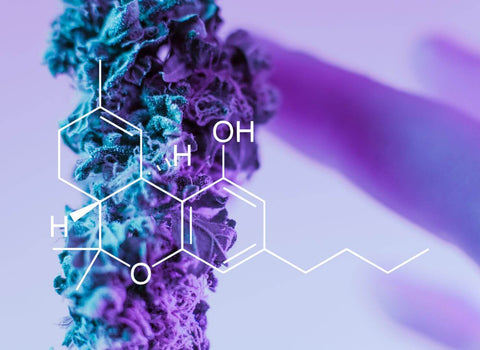
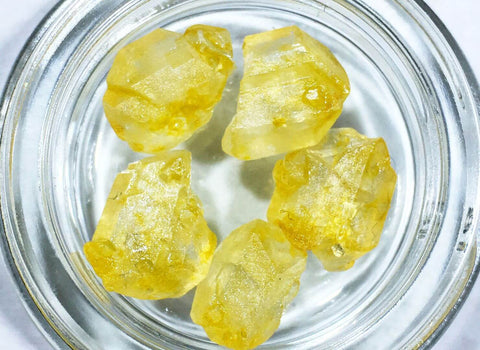


Comments (0)
There are no comments for this article. Be the first one to leave a message!